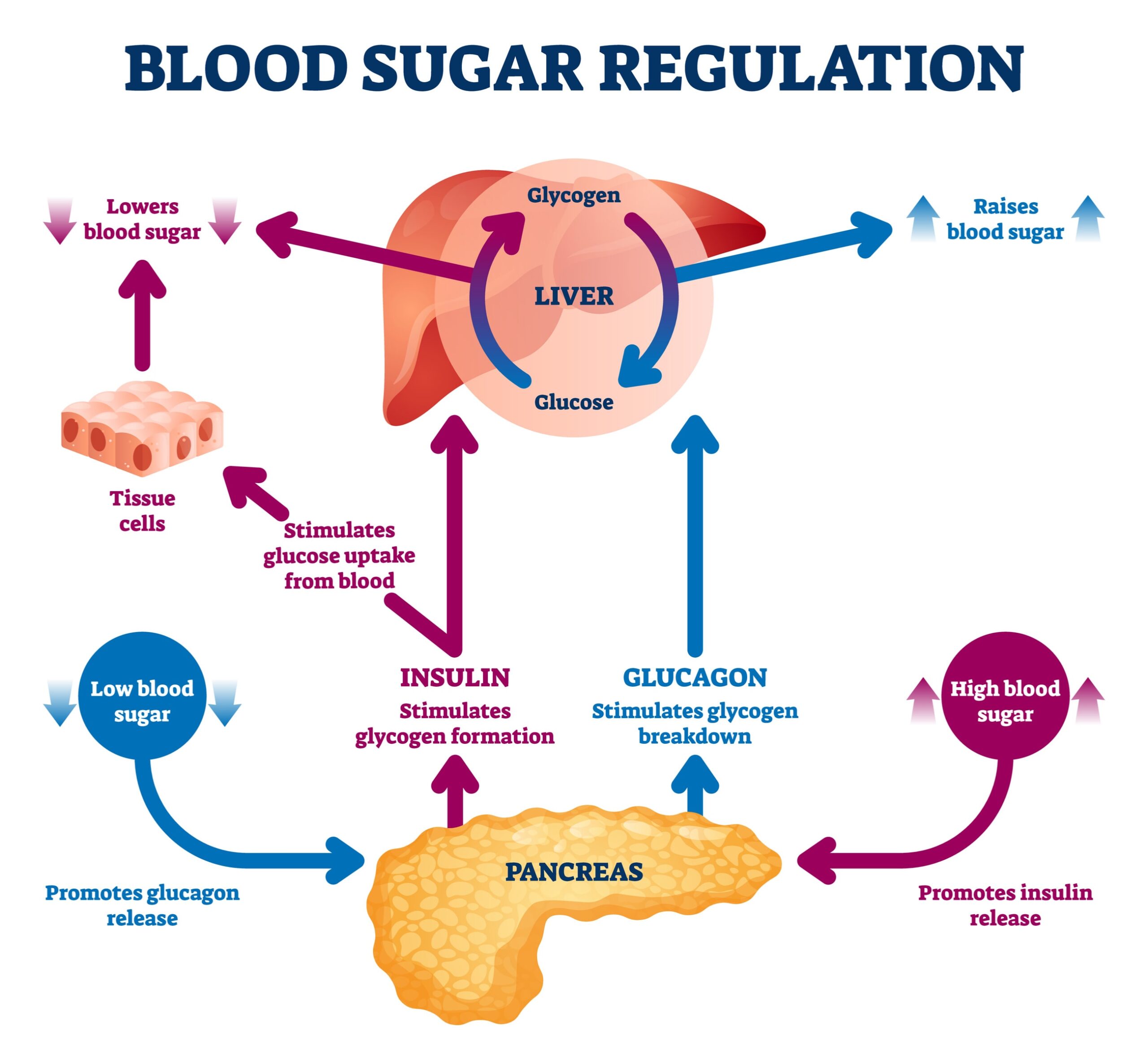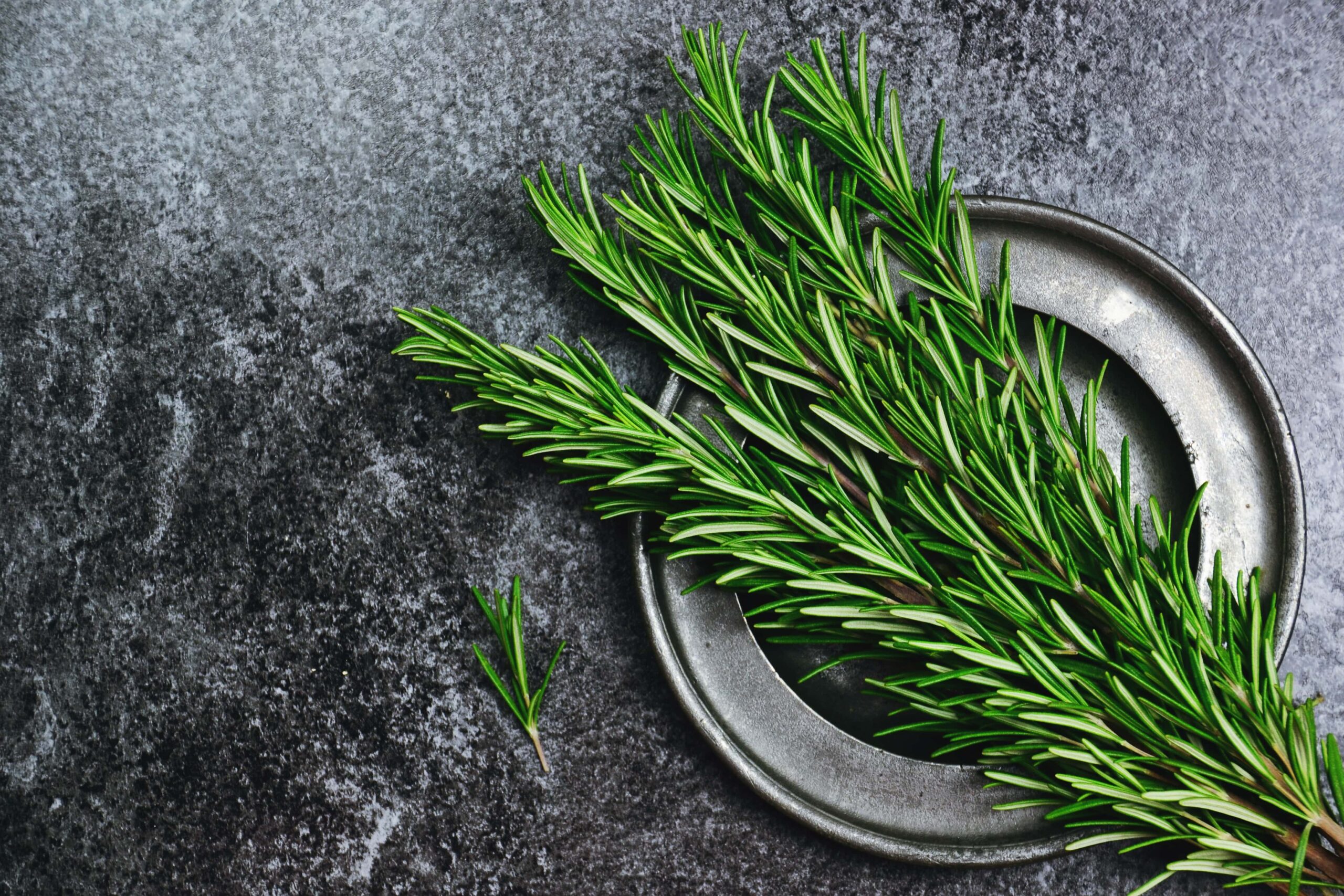What you eat has a distinct effect on how you train, how long you train, and your perception of your training. It can also affect your recovery time and your potential for injury. You really are what you eat.
That’s why you want to eat the best foods for your body and make sure you’re not getting in anything that’s going to harm you. Let’s look at two aspects: Sugar & Protein and their effects on your hormones.
Lower Sugar Means Steady Hormones
For a long time, it was considered proper nutrition to carb load before events. Consuming large amount of carbs was thought to give performers an advantage. However, multiple studies have disproved the idea. The opposite was, in fact, true. People who had low to moderate carb intake and higher fat intake improve their performance.
Why? It comes down to how your body creates energy and hormones.
Head Performance Nutrition Coach at Stony Brook University, Chris Algieri, works with MMA elites, including Ryan LaFlare, Dennis Bermudez and Gian Villante on their diet plans. He recommends focusing on the protein and fats, keeping the carbs whole grain and additions to meals, not the main course.

When you eat sugar (or any carb broken down into glucose), the body produces insulin, a hormone, to help move the sugar into the cells.
From the time you eat to the time all of the sugar has moved out of your blood is approximately 2-6 hours. You get the energy from that sugar within 4 hours, but usually within 30 minutes you felt the majority of the effects. Insulin does a lot of other things in the body.
The production of dopamine, serotonin, acetylcholine, endorphins, and other hunger hormones are all affected by insulin. Your thyroid is susceptible to changing insulin levels, especially large spikes and drops when you overeat sugar.
More Sugar You Eat - More Insulin You Produce
That means you’re going to be hungry faster because insulin stimulates ghrelin, the hunger hormone.
Insulin suppresses the production of serotonin and dopamine, taking their place in making you feel good. And that means you don’t feel as good once the sugar is out of your system. It requires another hit of sugar for you to feel good again. Over time, this can lead to depression (and addiction to sugar).
And it affects the neurotransmitter hormone acetylcholine. Insulin blocks the protein choline and the B vitamins necessary to convert the choline into acetylcholine. When you don’t have enough acetylcholine, you get brain fog, lethargy, apathy, and you're slow to pick up on visual cues and repeated behaviors.
For a fighter or those that aspire to be in elite fighting shape, sugars are one of your worst enemies. It makes you slow, dull, and depressed.
Support acetylcholine naturally by choosing a diet that's low in sugar and higher in fat. You need to choose foods that are also high in B vitamins, which include green leafy vegetables, 100% whole grain, eggs, seeds, nuts, and most fruits.
Choose foods high in natural choline, which include eggs, liver, cauliflower, broccoli, Brussel sprouts, and beef.

Several herbs, including ginkgo and Gotu kola, help your body use acetylcholine properly. You can also include herbs such as lemon balm, sage, and rosemary. Sage, in particular, inhibits the enzyme cholinesterase, which breaks down acetylcholine. Rosemary is especially useful because it contains the number of antioxidants that help protect the brain against free radical damage.
Ginkgo might be the best choice, however. Because it enhances the release of acetylcholine from storage and helps bind the acetylcholine to the receptors in your brain.
Ease Up on the Protein
The one thing you should not increases your intake of protein. Inferior sources of protein, which include protein supplement drinks and bars, all contain isolates of soy or whey. Both of these inhibit the absorption of B vitamins in the diet, which suppress acetylcholine production.
An overabundance of inadequate quality protein robs the body of enough of the proper amino acids to create a deficiency in the acetylcholine binding proteins. So that even if acetylcholine is produced, it can't correctly bind to the right receptors
That doesn't mean you should cut out protein from your diet altogether. Choosing quality cuts of whole meats and eggs will provide you enough protein to build strong muscles, which providing you the right quality of protein to keep your body in shape. Plus, the healthy fats found in natural meats are beneficial as they create quality hormones and durable tissue fibers.
Overall, you want to make sure you are eating a more natural food diet that includes many fruits and vegetables and quality cuts of meat. That way, you’re getting enough natural choline, vitamins, protein, and fats that will keep your mind working strong and keep you focused during your training.
